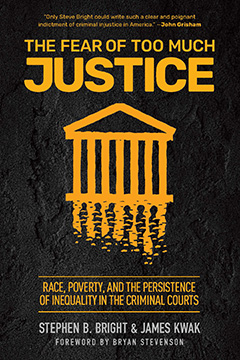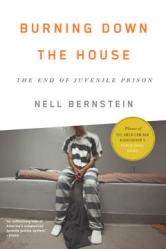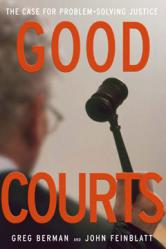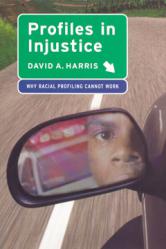“For forty years Steve Bright has waged hand-to-hand legal combat to protect the poor and innocent, and to expose the truth behind capital punishment, wrongful convictions, corrupt prosecutors, incompetent judges, and all the other bad actors who have ruined our system.”—John Grisham, bestselling author |
“One of America’s great justice warriors [offers] a book that draws together insights gained from four decades at the coalface of US criminal justice.”—The Guardian |
“[The Fear of Too Much Justice] examines the myriad ways in which the search for justice unravels once someone is charged with a crime, beginning with the nearly unlimited discretion accorded prosecutors to shape the case and exploit the advantages they have in resources and access to information.”—The New York Review of Books |
“Everyone needs to read this book.”—Poppy Harlow, CNN |
“The Fear of Too Much Justice is an elegant, meticulous, and inspiring book about the brutal reality of injustices in the American criminal justice system and changes that must be made to save individual lives and our collective humanity. With their searing analyses and palpable compassion, Steve Bright and James Kwak open our minds, touch our hearts, and move us forward.”—Janet Dewart Bell, co-editor of Race, Rights, and Redemption and author of Lighting the Fires of Freedom |
“Finally, a book that takes Justice Brennan’s famous line to its logical conclusions, calling into question every aspect of the way that we criminalize and punish in the United States today. It will be an indispensable teaching tool, providing a holistic view of the problems with criminal courts and the criminal legal system, from top to bottom.”—Jocelyn Simonson, professor of law and associate dean of research and scholarship, Brooklyn Law School, and author of Radical Acts of Justice |
“An urgent call to action. . . . [The Fear of Too Much Justice] is an invaluable resource for advocates of criminal justice reform.”—Publishers Weekly |
|
“A passionate and eye-opening behind-the-scenes account of the world of criminal justice and the lives impacted by the system’s injustices.”—Booklist |
“A virtual road map of the mistakes we continue to make, and the remedies that are obvious once you see them on the page.”—Criminal Law and Criminal Justice Books |
“A searing portrait of the ways in which the criminal justice system fails to live up the values of equality and justice, particularly for racial minorities, the poor, and the mentally ill.”—Dahlia Lithwick, Slate |
“No one has more experience with the racism that infects our legal system than Steve Bright, and no one has worked more relentlessly to expose and eliminate it. Read this book. It will inform and infuriate you in equal measure, and equip you to join the long struggle toward justice.”—Thomas L. Dybdahl, author of When Innocence is Not Enough |
“As the face of the Southern Center for Human Rights for more than three decades, iconic civil rights attorney Steve Bright has been waist-deep in the injustice of the criminal justice system since the 1970s. With co-author James Kwak, he powerfully catalogues the system’s ills, and offers insightful remedies to help us overcome the fear of too much justice.”—Marc Bookman, author of A Descending Spiral |
“Steve Bright has long been one of our most passionate and sophisticated advocates for justice. In The Fear of Too Much Justice Bright and Kwak make a devastating case for the shameful state of justice in far too many of our courtrooms today.”—Marc Mauer, former executive director of The Sentencing Project and co-author of The Meaning of Life |
|





